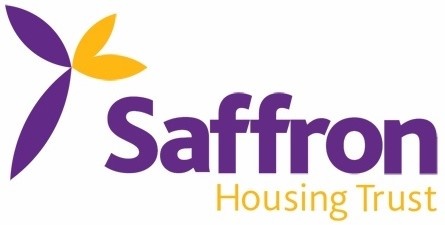We have updated our Complaint Handling policy in line with statutory changes from the Housing Ombudsman, which came into effect on 1st April.
These set out some key changes on how we acknowledge, log, escalate, and deal with complaints as a landlord.
We have summarised the key changes to the Housing Ombudsman’s code of conduct below:
- A resident does not have to use the word ‘complaint’ for it to be treated as such. Whenever a resident expresses dissatisfaction landlords must give them the choice to make complaint. A complaint that is submitted via a third party or representative must be handled in line with the landlord’s complaints policy.
- Landlords must recognise the difference between a service request and a complaint. This must be set out in their complaints policy. A service request is a request from a resident to the landlord requiring action to be taken to put something right. Service requests are not complaints, but must be recorded, monitored and reviewed regularly.
- A complaint must be raised when the resident expresses dissatisfaction with the response to their service request, even if the handling of the service request remains ongoing. Landlords must not stop their efforts to address the service request if the resident complains.
- Landlords must accept a complaint unless there is a valid reason not to do so. If landlords decide not to accept a complaint, they must be able to evidence their reasoning. Each complaint must be considered on its own merits.
- A complaints policy must set out the circumstances in which a matter will not be considered as a complaint or escalated, and these circumstances must be fair and reasonable to residents. Acceptable exclusions include:
- The issue giving rise to the complaint having occurred over twelve months ago.
- Legal proceedings having started. This is defined as details of the claim, such as the Claim Form and Particulars of Claim, having been filed at court.
- Matters that have previously been considered under the complaints policy.
- Landlords must accept complaints referred to them within 12 months of the issue occurring or the resident becoming aware of the issue, unless they are excluded on other grounds. Landlords must consider whether to apply discretion to accept complaints made outside this time limit where there are good reasons to do so.
- When a complaint is logged at Stage 1 or escalated to Stage 2, landlords must set out their understanding of the complaint and the outcomes the resident is seeking. The Code will refer to this as “the complaint definition”. If any aspect of the complaint is unclear, the resident must be asked for clarification.
- Complaints must be acknowledged, defined and logged at stage 1 of the complaint’s procedure within five working days of the complaint being received.
- Landlords must issue a full response to stage 1 complaints within 10 working days of the complaint being acknowledged.
- If all or part of the complaint is not resolved to the resident’s satisfaction at stage 1, it must be progressed to stage 2 of the landlord’s procedure. Stage 2 is the landlord’s final response.
- Requests for stage 2 must be acknowledged, defined and logged at stage 2 of the complaint’s procedure within five working days of the escalation request being received.
- Residents must not be required to explain their reasons for requesting a stage 2 consideration. Landlords are expected to make reasonable efforts to understand why a resident remains unhappy as part of its stage 2 response.
- Landlords must issue a final response to the stage 2 within 20 working days of the date complaint being acknowledged at stage 2.
- Landlords must appoint a suitably senior lead person as accountable for their complaint handling. This person must assess any themes or trends to identify potential systemic issues, serious risks, or policies and procedures that require revision.
- In addition to this a member of the governing body (or equivalent) must be appointed to have lead responsibility for complaints to support a positive complaint handling culture. This person is referred to as the Member Responsible for Complaints (‘the MRC’).

